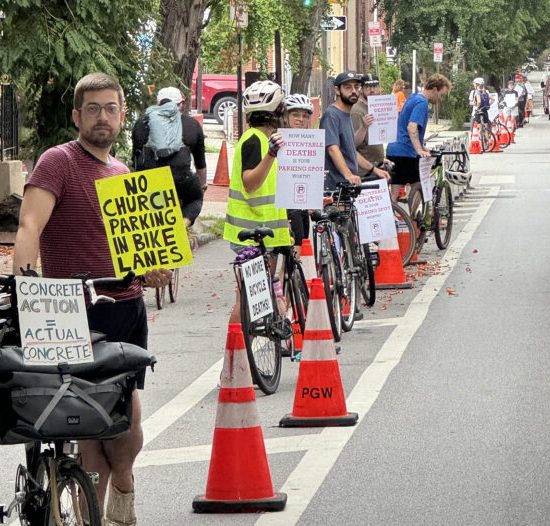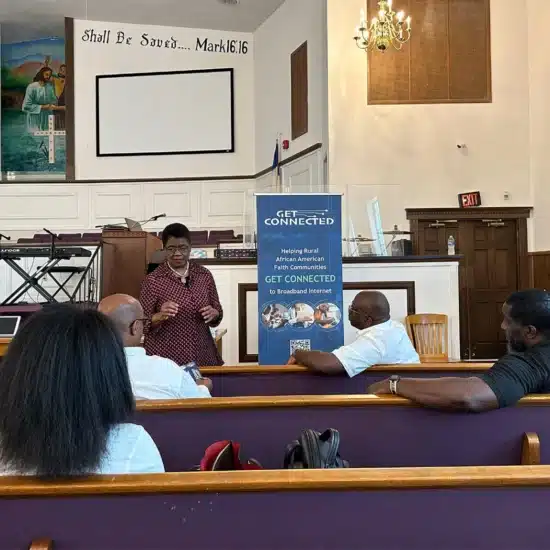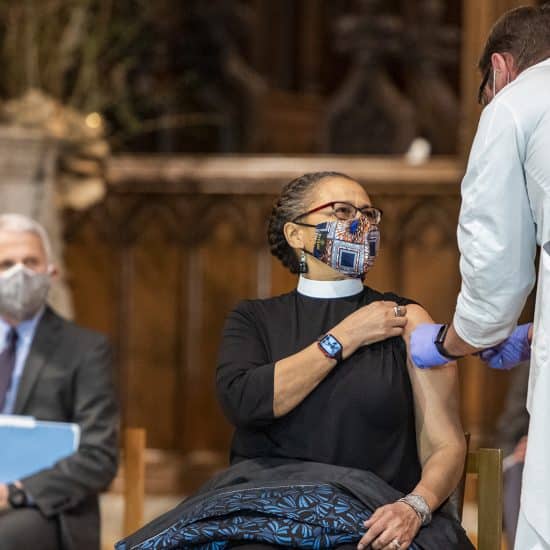The Boy Scouts of America made its big decision on May 23. Scouting will no longer exclude from participation boys who believe they are homosexual in their sexual attraction.

Bill Webb
|
The post-decision debate in religious circles seems to focus on two issues: (1) whether churches should continue to allows Boy Scout troops to meet in their facilities and/or (2) whether churches should withdraw their blessing on Scouts and insist instead on boys participating in missions education groups like Southern Baptists’ Royal Ambassadors.
Not every church sponsors troops or allow Scouts to meet in its facilities, of course. I grew up in a Baptist congregation that included one of the finest Scout leaders in the area and some of the most active Scouts. But Boy Scouts was not a Baptist organization or technically even a Christian organization. As a result, the church did not sponsor a troop or host meetings.
As a 60-something adult, I am a member of a congregation that has a proud history of sponsoring a Scout troop. The boys represent various faith traditions. Some likely don’t have a faith preference. Our congregation has encouraged the Scouting movement because participants learn life skills and admirable values, as well as appreciation for doing good to others and loving God and country. Boys and leaders from our church are participants.
Many years ago, I was a Cub Scout but never a Boy Scout. That was due in part to being an active Royal Ambassador. My father was one of my counselors. As a teen, I served as state RA president in Illinois. Both organizations helped shape my values.
The harshest critics of the Scouts’ recent decision say the organization is now endorsing homosexuality. The Scouts say they are simply trying to be inclusive. Many religious bloggers and other commentators believe Scouting should have come down on the side of exclusion on this issue. They predict dire results from what they regard as Scouting’s social experiment.
Ironically, many former and current Scouts have pointed out that Scouts have long had boys and leaders who either self-identified or were otherwise identified as homosexual in orientation. The testimony from these Scouts was that in their experience these Scouts and leaders acted appropriately as participants in Scouting.
Many church people regard the Scouts’ decision to include boys of homosexual orientation as a blanket endorsement of homosexuality and homosexual behavior. To them, the admonition in the Boy Scout Code to be “morally straight” is a sexual-orientation admonition to be heterosexual.
But most Scouts see that reference not as anti-homosexual bumper-sticker fodder but as something even broader and deeper. For most, this commitment is to be honest, truthful, respectful of others, law-abiding, faithful and a host of other wholesome qualities. It is to seek to be an upstanding citizen and a person of character.
Without question, some who would approve of allowing self-identified homosexual youngsters inclusion obviously represent outspoken homosexual-advocacy groups. They bill the Scout decision as a victory for homosexual advocacy.
That being said, surely Scouting will insist on the same kind of behavioral standards that have distinguished it since its founding when boys under the care of committed adults do their best to be — and to grow up to be — role models like most of their Scouting predecessors.
The reality is that this matter of inclusion is settled for Scouts, at least for now. How do those who lobbied vigorously against adoption of the new policy respond? What is the place of people of faith, whose leaders led the opposition?
A few observations and suggestions:
• Frank Page, the Southern Baptist Convention Executive Committee president and CEO, predicts Southern Baptist messengers meeting later this month in Houston will call on member churches to “pull away” from the Boy Scouts of America. But long-time Scouting advocate Chip Turner, chairman of the BSA Religious Relationships Task Force and past president of the Association of Baptists for Scouting, cautions against churches making knee-jerk reactions to abandon Scouting.
Churches can and will do what they believe is appropriate, but Turner’s advice to Baptists is to prayerfully weigh any thought of giving up evangelism and family ministry opportunities now afforded to sponsoring congregations to reach unchurched and unreached Scout families.
Sponsoring congregations and their troops have longstanding and, in most cases, wholesome working relationships, not only with troop leaders but also with Scouts and their families. Local churches need to do more than simply follow a denominational edict or even religious peer pressure to withdraw support. Changing this relationship in any way should require both prayer and honest dialogue with all participants. At stake is a ministry to impressionable young people.
• A church decision to stick with sponsorship of a troop is not in itself a decision to endorse homosexuality or the gay lifestyle, but it will draw criticism from some camps who will make that charge. As such, it will take courage for congregations to continue such a relationship and the ministry that goes with it.
• While Boy Scouts is not inherently a Christian organization, the location of meetings and support of local churches has proven a good match. Church and Scouting values overlap considerably. The church tie at the very least reinforces the value of faith in a Scout’s life.
• Boys sorting through significant issues in their lives, from faith decisions to even sexual identity, benefit when the church is engaged in their searching. Boy Scouts can always use wholesome partners and advocates for young men.
• Churches are their best when they engage challenges rather than abandon opportunities. It is hard to push for the best in the future of Scouting (or any other endeavor) if the strategy of Christians is indignant abandonment.
For many religious leaders, this issue is simply and strictly about orthodoxy — right belief as they interpret it — but Chip Turner is right. An undeniable ministry and evangelism component must be considered. Besides, Scouts still need the influence of churches more than ever.
Bill Webb is editor of Word&Way.






